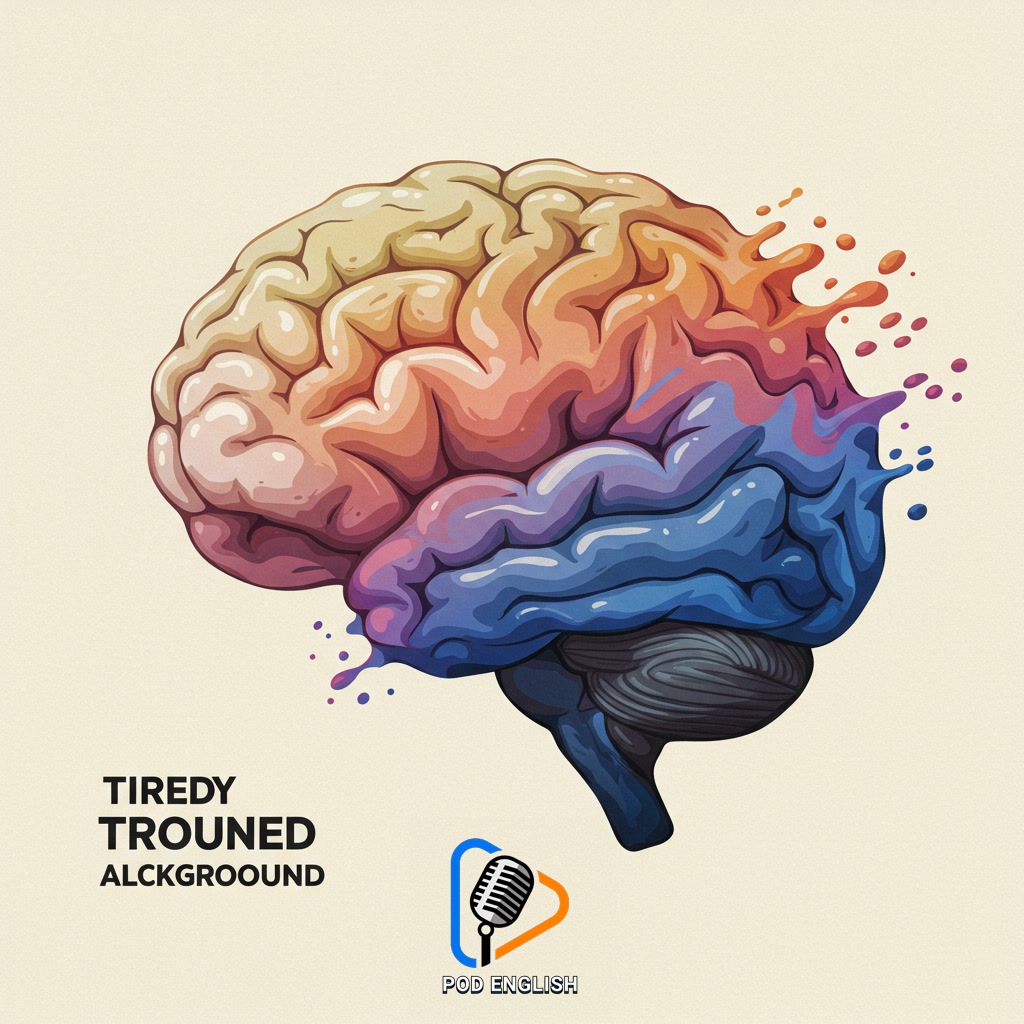Learn English
Does Caffeine Improve Your English Study Focus?

This content explores the potential link between caffeine consumption and enhanced focus specifically for learning English. It examines how caffeine might influence attention span and cognitive function during study sessions. The discussion investigates whether these effects translate into improved concentration and efficiency for individuals pursuing English language acquisition. Ultimately, it provides insights into optimizing study habits and environments for better outcomes when learning English.
Table of Contents
- Section 1: Introduction: The Challenge of Focusing on English Study
- Section 2: Understanding Caffeine: How it Affects the Brain and Focus
- Section 3: Caffeine’s Potential Benefits for Cognitive Tasks (Including Learning)
- Section 4: Applying Caffeine to English Language Learning: What to Expect
- Section 5: The Downsides and Risks of Using Caffeine for Study
- Section 6: Alternative and Complementary Strategies for Study Focus
- Section 7: Conclusion: Is Caffeine Right for Your English Study?
Section 1: Introduction: The Challenge of Focusing on English Study
Learning English is a significant and often challenging undertaking for many individuals worldwide. While motivation and dedication are essential, one of the most persistent obstacles learners encounter is maintaining consistent focus during study sessions. Whether it’s trying to absorb new vocabulary, grasp complex grammar rules, or improve listening comprehension, the ability to concentrate deeply is paramount. However, external distractions like phone notifications, background noise, or internal factors such as fatigue or wandering thoughts can easily derail productive study time. This struggle with focus is a common experience, impacting efficiency and potentially slowing down progress. Understanding the nature of this challenge is the first step in exploring strategies to overcome it and enhance the learning experience.

Section 2: Understanding Caffeine: How it Affects the Brain and Focus
Building on the challenges of maintaining focus while learning English, this section examines caffeine’s role. Caffeine is a powerful stimulant that directly affects the central nervous system. Its primary mechanism involves blocking the action of adenosine, a neurotransmitter that promotes relaxation and sleepiness. As adenosine levels rise throughout the day, they signal fatigue and reduce cognitive function, including focus. By binding to adenosine receptors without activating them, caffeine prevents adenosine from exerting its sedative effects. This leads to increased alertness, reduced perception of fatigue, and potentially improved attention span, which are all factors critical for engaging effectively with English language material and retaining new information.

Section 3: Caffeine’s Potential Benefits for Cognitive Tasks (Including Learning)
Building on caffeine’s role as a central nervous system stimulant, this section explores its potential positive effects on cognitive function, which are particularly relevant to learning. Caffeine works primarily by blocking adenosine, a neurotransmitter that promotes relaxation and sleepiness. By inhibiting adenosine, caffeine increases alertness, reduces fatigue, and can sharpen focus and concentration. These effects can be beneficial during demanding cognitive tasks, such as studying or learning a new language like English. Enhanced focus can help individuals maintain attention during lectures or reading, while increased alertness can improve retention and processing speed. While individual responses vary, the stimulating properties of caffeine are often associated with improved performance on tasks requiring sustained attention and quick thinking, potentially aiding the absorption and practice of English vocabulary and grammar.

Section 4: Applying Caffeine to English Language Learning: What to Expect
Building on caffeine’s role as a central nervous system stimulant, this section explores its potential positive effects on cognitive function, which are particularly relevant to learning. Caffeine works by blocking adenosine, a neurotransmitter that makes you feel tired and relaxed. By reducing adenosine’s effects, caffeine can increase alertness, improve reaction time, and enhance attention. For English language learning, this could translate into improved concentration during grammar exercises, better retention of new vocabulary, and sustained focus during listening comprehension practice or long reading sessions. Students might find it easier to stay engaged with complex material or maintain energy levels during intensive study periods. However, individual responses vary greatly, and timing and dosage are crucial factors to consider for optimal application without negative side effects.

Section 5: The Downsides and Risks of Using Caffeine for Study
While caffeine can offer temporary boosts, it’s crucial to consider its potential downsides, especially when aiming for sustained focus in English study. Excessive consumption can lead to unpleasant side effects such as jitters, anxiety, and nervousness, which can make concentrating on complex grammar or vocabulary challenging. It can also disrupt sleep patterns, and poor sleep significantly impairs memory consolidation and cognitive function, counteracting any perceived benefits. Furthermore, relying heavily on caffeine can lead to dependence; withdrawal symptoms like headaches and fatigue can negatively impact study motivation and performance. There’s also the risk of a ‘crash’ effect, where focus deteriorates sharply as the caffeine wears off, making consistent learning difficult. Understanding these risks is key to using caffeine mindfully or exploring alternative strategies for enhancing English learning concentration.

Section 6: Alternative and Complementary Strategies for Study Focus
Beyond caffeine, cultivating sustainable focus for English study involves adopting various strategies. Ensuring adequate sleep and hydration are foundational. Implementing structured breaks, such as the Pomodoro technique, can prevent burnout and maintain alertness during long study sessions. Mindfulness or brief meditation exercises before a study session can calm the mind and improve concentration, making it easier to absorb new vocabulary or grammar rules. Furthermore, optimizing your study environment – making it quiet, tidy, and free from distractions – significantly aids focus. Incorporating light physical activity before or during breaks also boosts cognitive function. These methods, when used consistently, provide a more stable and healthy approach to improving your focus while learning English, complementing or even replacing caffeine.

Section 7: Conclusion: Is Caffeine Right for Your English Study?
Deciding if caffeine is right for your English study focus is a personal journey. While studies suggest caffeine can improve alertness and attention, potentially aiding concentration during language learning tasks, its effects are highly individual. Some learners might find a small amount helps them stay sharp, especially during long grammar or vocabulary sessions. Others may experience negative side effects like anxiety or restlessness, which hinder effective study. The key is mindful experimentation: observe how caffeine influences your focus, energy, and retention specifically when practicing English. Remember, caffeine is not a substitute for essential habits like consistent sleep, proper hydration, and effective study techniques. Integrate it cautiously, if at all, as part of a balanced approach tailored to your needs for optimal English learning outcomes.














